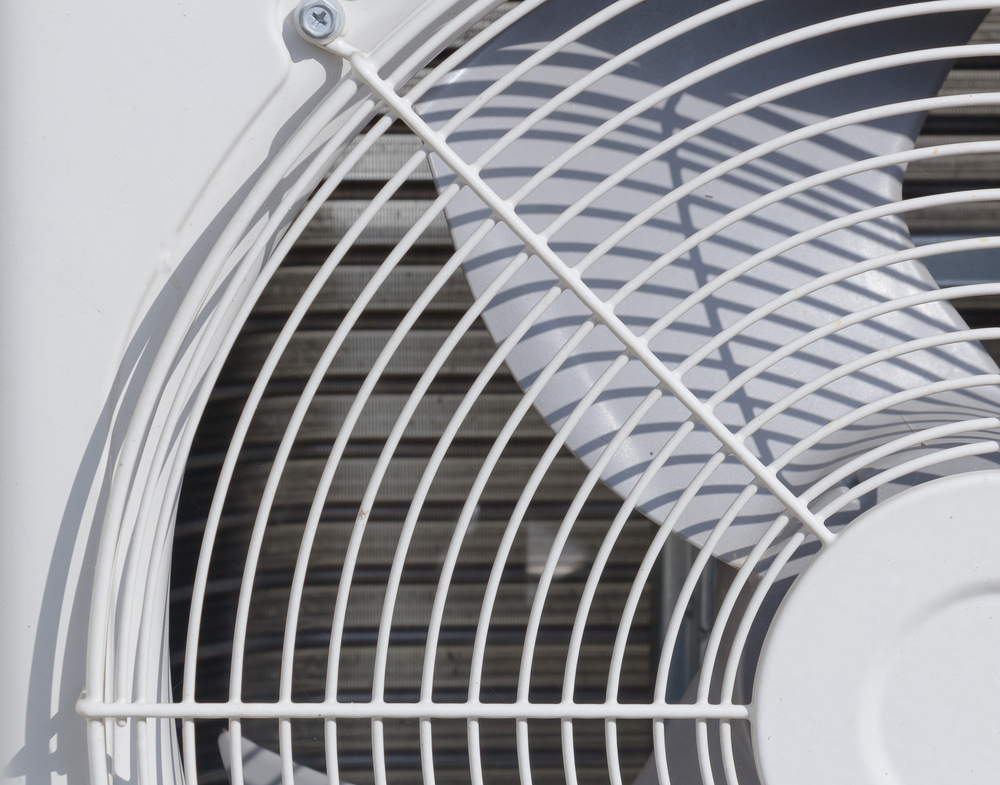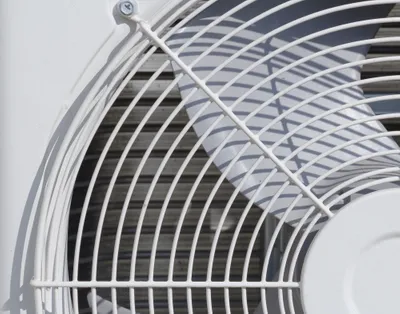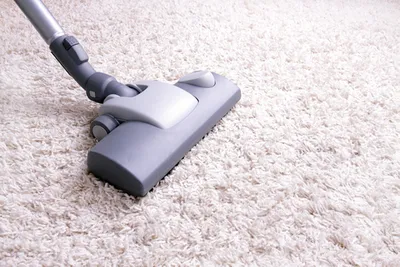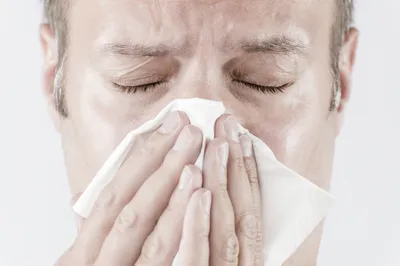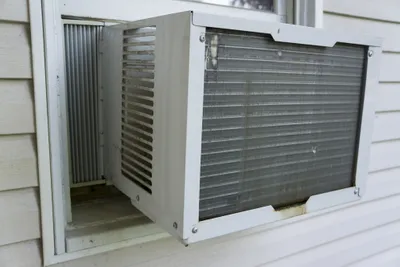For many of us, summer is synonymous with allergies. If this time of year has you wheezing, sneezing, scratching your eyes, and wishing you could scratch the back of your throat, you likely suffer with allergic rhinitis (or hay fever). And when the flowers, trees, and bushes burst into bloom, pollen can have you taking refuge inside. However, pollen and other allergy irritants can still get into your home in some pretty sly ways.
Consider these tricky pollen transporters…
1. Window Fans
I’m the first to say, “I can’t live without my window fan in the summer heat”. That’s why I was surprised to hear that my window fan is also the worst nightmare for my allergy symptoms. It makes sense, window fans, well, they sit perched in your window…blowing cold air in and hot air out.
However, all of that sucking leads to a lot of dirt and grime trapped in your box fans blades and screens, which can trigger nasal congestion, sneezing, and itchy eyes. So wipe down the blades regularly, particularly after pollen-heavy days to eradicate trapped pollen particles.
2. Vacuum
Even if you take your shoes off before entering your home to cut down on allergens, your kids, your pet, your guests, and their clothing (and fur) are likely harboring pollen particles. If your home has carpeting or even throw rugs, chances are those particles fall from clothing and embed in the fabric.
Sure, you can vacuum regularly to suck up allergens from your carpeting, but if you don’t clean your vacuum after every use, those particles can escape back into the air and spread all over your home-sweet-home. If you suffer from dust or pollen allergies, just make sure to wear a dust mask when you empty your vacuum.
3. Inside your Nose
While exposure to allergens typically causes your nose to run, and run, and run, pollen particles can linger in the trickiest of places. Yup, right up inside your nasal cavities. Pollen and dust can get trapped inside the tiny hairs inside your nostrils and keep you stuffy and congested.
That’s why it’s wise to rinse your nose daily. You can use either saline wash (with a blessing from your doctor) or employ a neti pot (I use one of these regularly) to wash away and stray allergens.
4. What’s in Your Hair?
Hairspray, hair gel, and mousse can tame unruly locks on humid days. However, when the pollen counts are high, those allergens swirling around the air make a beeline for sticky surfaces (aka: your hair), and unknowingly come to bed with you at night.
So forgo the sticky hair products on pollen-high days or wear a hat that covers your locks when you’re out and about. You can also wash (or just rinse) any pollen particles from your hair before bedtime.
5. Window Coverings
Yes, look no further than the windows of your home and you’ll likely find pollen lingering on your blinds and curtains. According to research from the American College of Allergy, Asthma and Immunology, your window coverings may keep bright lights and spying eyes out, but they can also harbor pollen and other allergens.
If you open your windows on nice days, your window dressings are the first line of resistance. Pollen particles will blow into the plastic blinds or fabric curtains and cling there, becoming a minefield for your allergies if you don’t strip and wash them regularly.
6. Gardening Tools
The law of gravity applies to pollen like it does everything else. Pollen swirls around the air, but eventually falls on things like your gardening gloves, rakes, lawnmowers, bush cutters, shovels, boots and anything else you take or wear outside.
So before you store your gardening gear and tools in your basement, consider that bringing them inside might be the way that dust and pollen is entering your home and lodging in your carpets. Make a rule to leave gardening equipment outside, and shoes off at the door.
7. Air Conditioners
Come mid-summer, we’re all very thankful of our air conditioners, either in the form of central air or window AC units. Armed with a filter, these cooling mechanisms do their best to provide a barrier to seasonal allergens, like pollen and dust.
But when was the last time you changed your air conditioning filter? The same goes for filters in air purifiers; cleaning and changing your filters will ensure dust and pollen doesn’t accumulate and begin to blow into your home through your vents or AC unit. Alternatively, you can purchase a unit outfitted with a HEPA (or high-efficiency particulate air) filter.
8. Your Vehicle
Many of us are tempted to leave the car windows open, just a crack, on hot steamy days. I mean, no one likes to stick to their leather interior when they’re wearing short shorts.
However, leaving your car’s window open, even a crack, can welcome all sorts of pollen particles and dust into your vehicle’s interior and cracks (i.e., dashboard, interior carpeting, seat coverings, visors, etc.). Instead, according to research study from the Keck School of Medicine, at University of Southern California (USC), keep those windows up and set your inner ventilation to ‘recirculate’ to reduce exposure to vehicle-related polluters.
